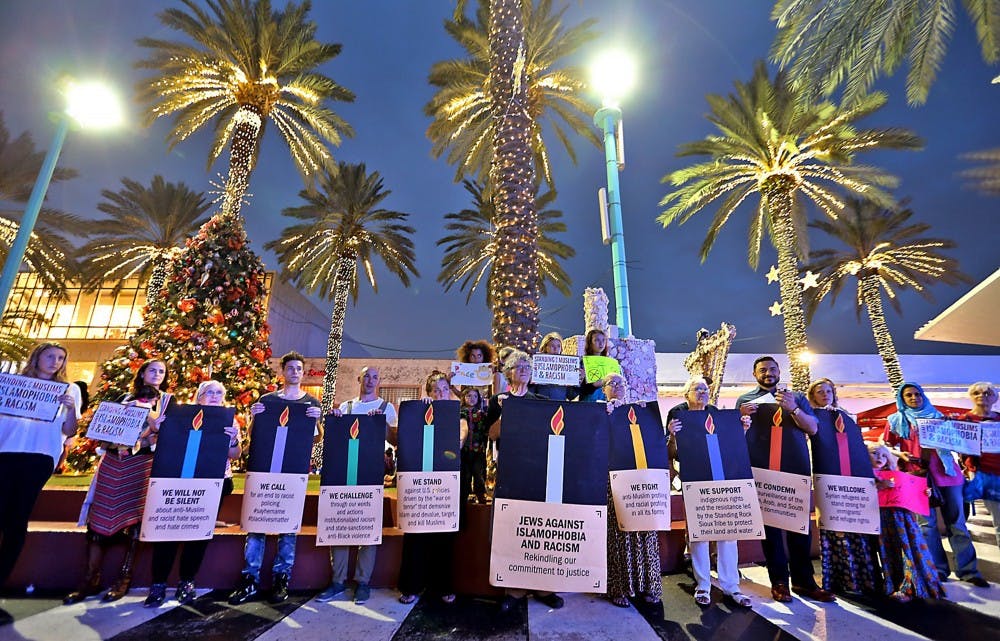Islamophobia is a recurrent issue in America. How much is the media to blame for that? It is well known just how important the media are in shaping our views, so what has it told us about Muslims? To understand this question, we need to look into a few aspects of how Islam has been discussed in American society.
Islam’s first real introduction to America came in the wake of the 9/11 terror attacks in 2001. According to an article published by the Zwemer Center for Muslim Studies, most Americans had no opinion at all on Islam and its followers before 2001. In fact, there were barely any opinion polls that asked of thoughts on the religion prior to 2001. They go on to note that most Americans admitted to not knowing a lot about Islam.
How many Americans come in contact with someone that identifies as a Muslim in the first place? The Washington Post reported in a 2011 Public Region Research Institute survey that fewer than 30 percent of surveyed Americans at least occasionally talked with someone who was Muslim. Twenty-eight percent said they seldom talked to a Muslim and 40 percent said they never did. If people are barely even coming into contact with Muslims, how can they form such strong opposition towards them?
A separate study conducted by the Brookings Research Institute showed Americans favorability of Muslims in contrast with their level of interaction with someone that identifies as Muslim. Their findings report that, regardless of political affiliation, Americans that know someone that identifies as Muslim are much more likely to see Islam in a more favorable light.
The media seem to perpetuate stories of Muslims taking America by storm and flooding into the country, or committing acts of terror in the Middle East, or maybe even somewhere a little closer to home for us. However, only one percent of Americans identify as Muslim.
According to the same Zwemer Center article, many Muslims blame the media for their negative portrayal. The article goes on to talk about how many Muslims feel that the media are not giving them a fair chance to speak out against these acts of terror that are supposedly being done in the name of their religion.
There is a stigma that all Muslims are extremists, like those associated with the terror organization the IS. Yes, like all religions, Islam has its radicals. Sadly, those radicals have gotten the most attention in American media over the last few decades, and that has poorly shaped America's view of Muslims. In a Pew Research study, countries with a large Muslim populations were asked how they felt about ISIS. The highest percentage of those recorded in favor was 14 percent in Nigeria. A multitude of countries didn't even have 10 percent of people who think favorably of the terror organization. Islamophobia ends when the media stops generalizing all Muslims and framing it as if all of them are extremists.

